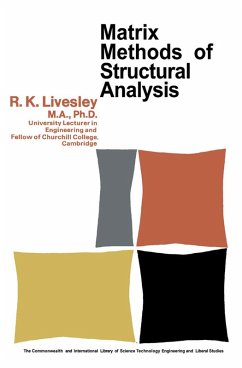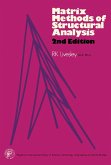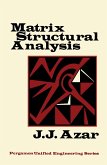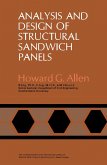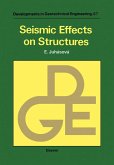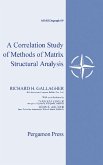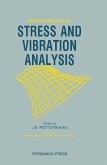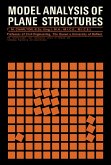The book describes the use of matrix notation in structural analysis as being theoretically both compact and precise, but also, quite general. The text also presents, from the practical point of view, matrix notation as providing a systematic approach to the analysis of structures related to computer programming. Matrix algebraic methods are useful in repeated calculations where manual work becomes tedious. The Gaus-Seidel method and linear programming are two methods to use in solving simultaneous equations. The book then describes the notation for loads and displacements, on sign conventions, stiffness and flexibility matrices, and equilibrium and compatibility conditions. The text discusses the formulation of the equilibrium method using connection matrices and an alternative method. The book evaluates the compatibility method as programmed in a computer; and it discusses the analysis of a pin-jointed truss and of a rigid-jointed truss. The book presents some problems when using computers for analyzing structures, such as decision strategy, accuracy, and checks conducted on handling large matrices. The text also analyzes structures that behave in a non-linear manner.
The book is suitable for structural engineers, physicist, civil engineers, and students of architectural design.
Dieser Download kann aus rechtlichen Gründen nur mit Rechnungsadresse in A, B, BG, CY, CZ, D, DK, EW, E, FIN, F, GR, HR, H, IRL, I, LT, L, LR, M, NL, PL, P, R, S, SLO, SK ausgeliefert werden.

